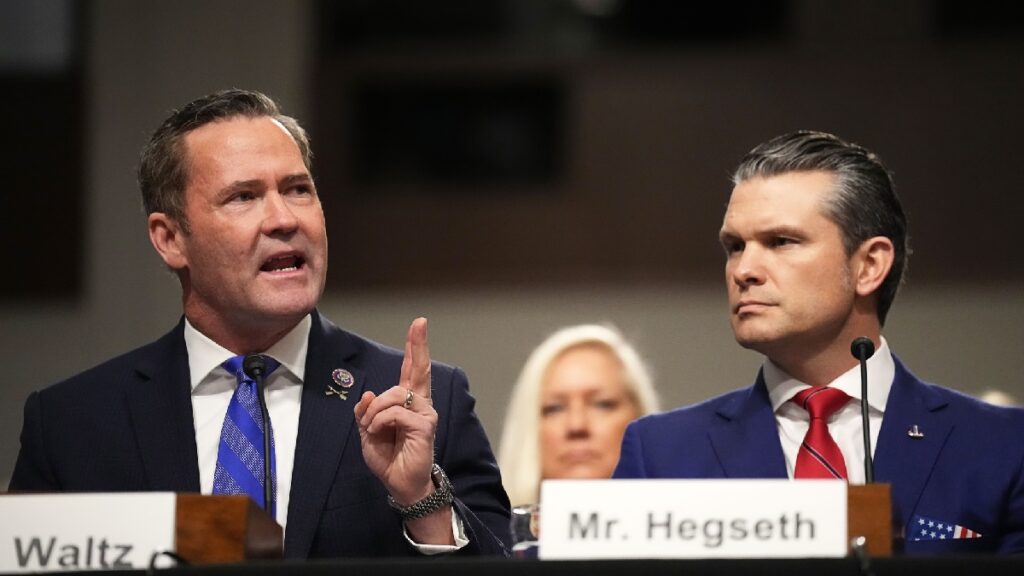In a startling revelation, senior officials from the Trump administration inadvertently exposed detailed military attack plans on Yemen’s Houthi rebels through a Signal group chat. This breach has raised significant concerns about the handling of sensitive information within the highest levels of government.
The Accidental Leak
The incident came to light when Jeffrey Goldberg, Editor-in-Chief of The Atlantic, was mistakenly added to a Signal group chat named “Houthi PC small group” by National Security Adviser Mike Waltz. This group included prominent figures such as Defense Secretary Pete Hegseth and CIA Director John Ratcliffe. The messages exchanged contained explicit details about the planned military operations against the Houthi rebels in Yemen.
Discrepancies in Official Statements
Following the exposure, administration officials attempted to downplay the severity of the leak. Defense Secretary Hegseth asserted, “Nobody was texting war plans.” Contradicting this, the leaked messages revealed Hegseth stating, “THIS IS WHEN THE FIRST BOMBS WILL DEFINITELY DROP,” accompanied by detailed sequencing of the planned attack.
Further complicating matters, both National Security Adviser Waltz and Defense Secretary Hegseth suggested that Goldberg’s inclusion in the chat was either accidental or potentially deliberate on his part. However, screenshots from Goldberg’s device clearly indicated that Waltz had added him to the group, suggesting an internal error rather than external interference.
Publication of Sensitive Information
Initially, The Atlantic chose to withhold specific operational details from the public to avoid compromising national security. However, following the administration’s claims that no classified information was shared, the magazine decided to publish the full content of the messages. This decision was made to allow the public to assess the gravity of the situation independently.
Implications and Concerns
The dissemination of such sensitive information over a non-secure platform like Signal has sparked widespread concern among security experts. The potential for this information to have been intercepted poses significant risks to U.S. military personnel and operations. The incident underscores the critical need for stringent communication protocols within the government to prevent unauthorized disclosures.
Conclusion
This incident serves as a stark reminder of the vulnerabilities inherent in digital communications, even at the highest levels of government. It highlights the necessity for rigorous adherence to secure communication channels and protocols to safeguard national security interests.


